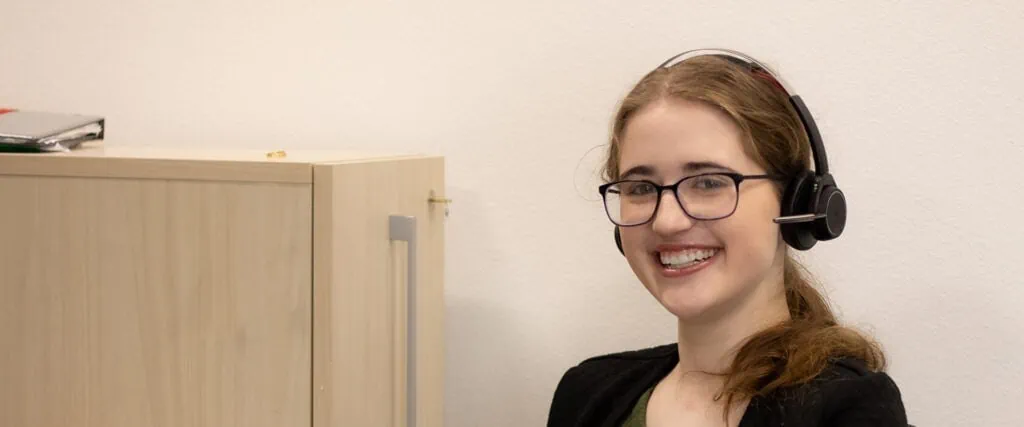Find a Page

Searching for:
404
Welcome to SEARHC. We’re sorry, but the page you’re trying to reach cannot be found. This may be due to a change in the link URL, or the page may have been removed. Please explore the options below to find what you’re looking for.

location | Mt. Edgecumbe Medical Center – Hospital Services
Emergency Department The Emergency Department at MEMC is a Level IV Trauma Center staffed 24 hours a day, seven days a week by board-certified physicians, physician assistants, nurse practitioners and registered nurses who specialize in care for patients with serious illnesses and injuries. MEMC ED…

page | Travel & Lodging
Traveling for care in Sitka or Juneau? SEARHC can help.

page | Purchased & Referred Care
Purchased & Referred Care (PRC) funding is for all eligible patients referred to medical services not directly available at SEARHC.

page | Patient Benefits
SEARHC can help you take advantage of numerous healthcare programs.

page | Contact Us
Need help or information?